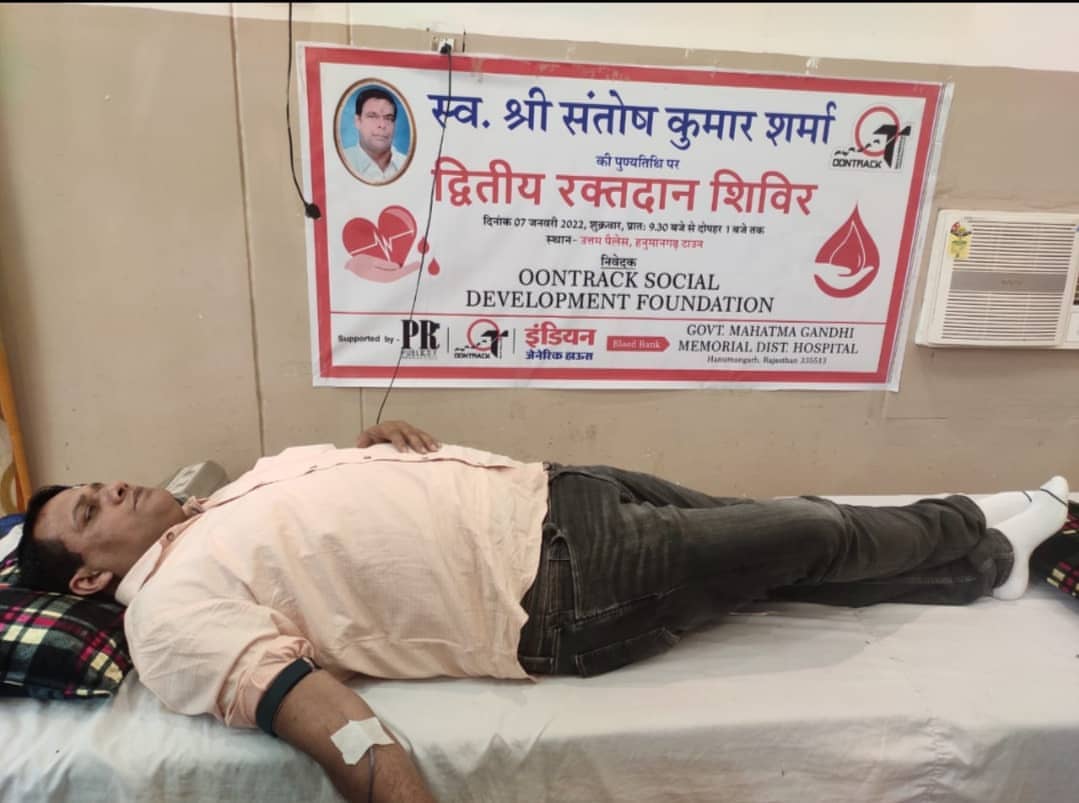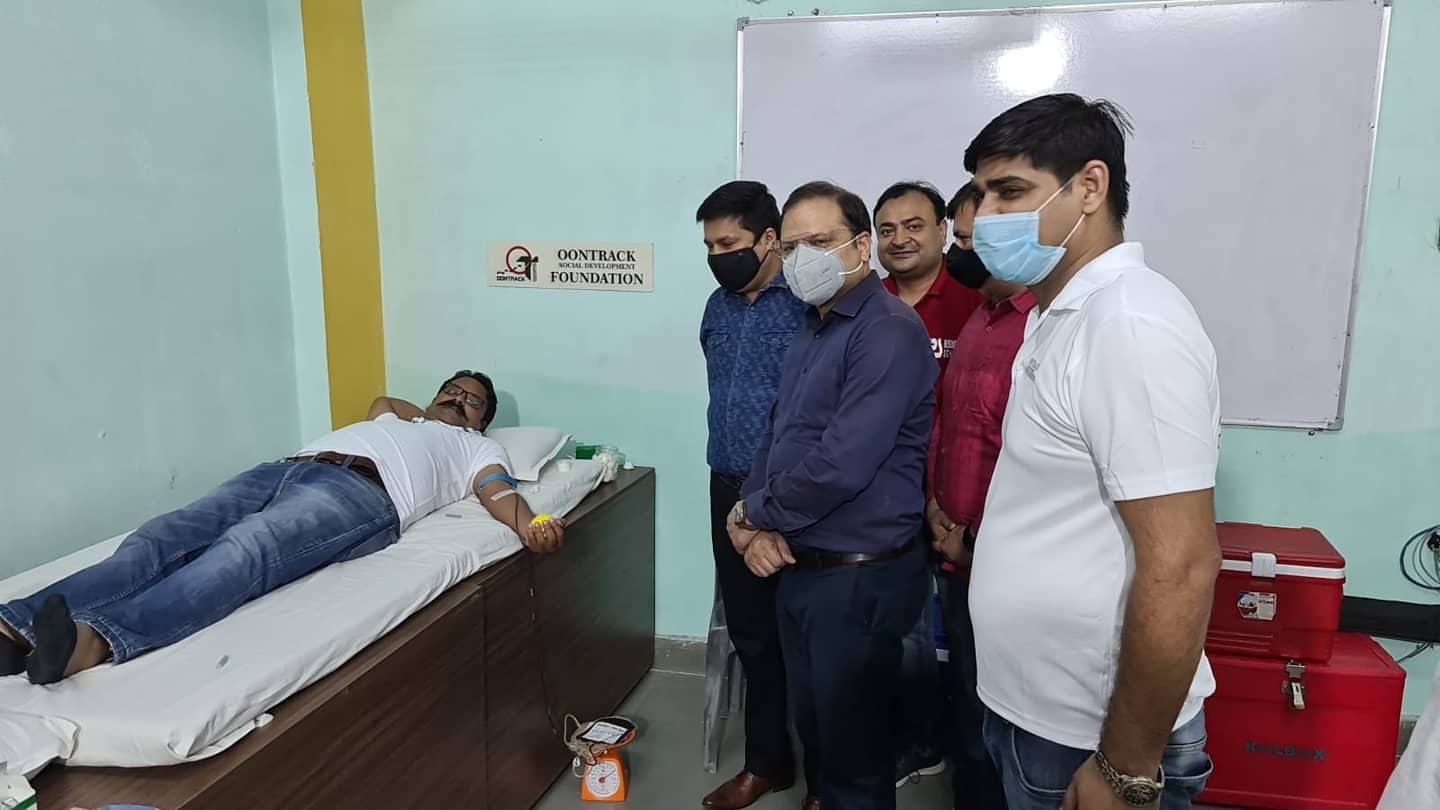Blood Donation Camp: A Lifeline for Many
A blood donation camp is a vital initiative that plays a significant role in saving lives and supporting healthcare systems. These camps are organized by various organizations, hospitals, and NGOs to collect blood donations from volunteers. The blood collected is used for a wide range of medical needs, including surgeries, treatment of accidents, cancer patients, people suffering from anemia, and other medical conditions that require blood transfusions


The Importance of Blood Donation
Every year, millions of people around the world require blood due to various health issues, and many of these individuals depend on voluntary blood donors. Blood cannot be manufactured or synthesized, making donations essential to maintaining an adequate supply. When a blood donation camp is held, it provides a vital opportunity for individuals to contribute to a cause that can save lives. One of the significant benefits of blood donation is that it is a simple, yet life-saving act. Donating blood is generally safe and can be done in a matter of minutes, with the entire process being monitored by medical professionals. The blood collected is carefully screened and processed to ensure it is safe for use in patients.
How Blood Donation Camps Work
Blood donation camps are usually set up in easily accessible locations such as community centers, schools, or even in mobile units that travel to different areas. These camps are well-organized and include various stations where donors can register, get a brief medical check-up, donate blood, and then rest before leaving.
Before donating, the donor is asked to fill out a health questionnaire and undergo a quick physical examination, which includes checking the blood pressure, hemoglobin levels, and general health status. This ensures that the individual is fit to donate and that their blood is safe to use.
Benefits of Blood Donation
Saving Lives
Health Benefits for Donors
Community Impact
How to Participate
Participating in a blood donation camp is simple. Individuals who are healthy and meet the age requirements (usually between 18 and 60) can register to donate. It is important to stay hydrated, eat a healthy meal before donating, and ensure that adequate time is given for rest after the donation. There is no need to be afraid, as the process is relatively painless, and the medical staff is trained to make the experience as comfortable as possible.
